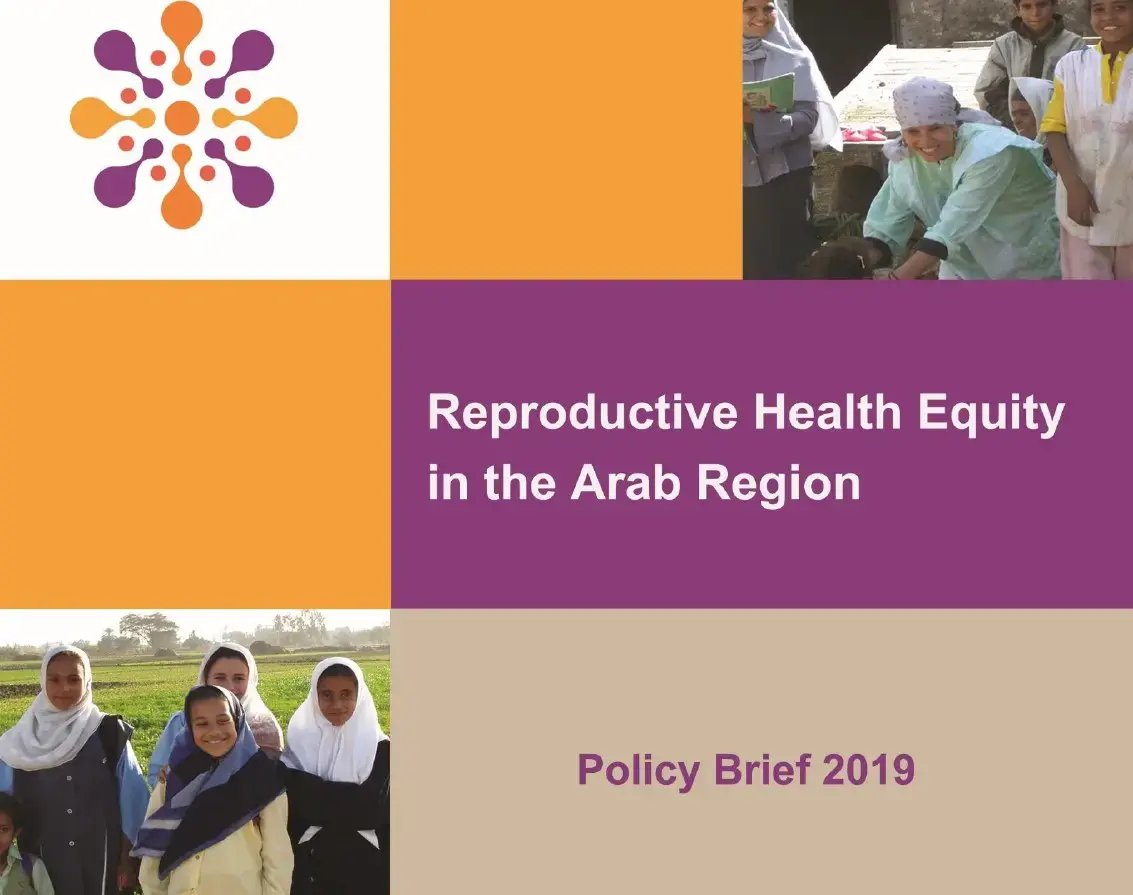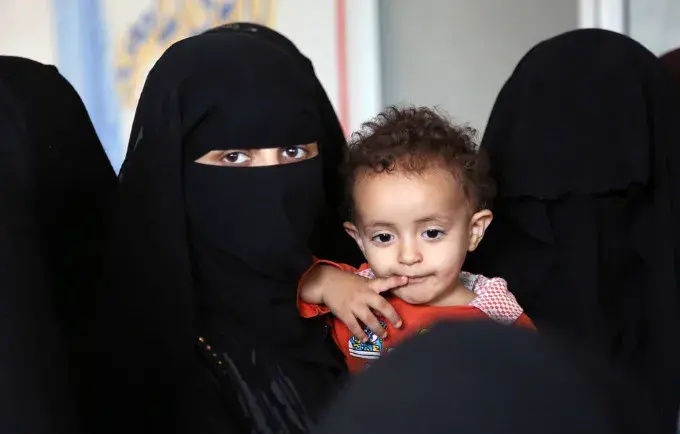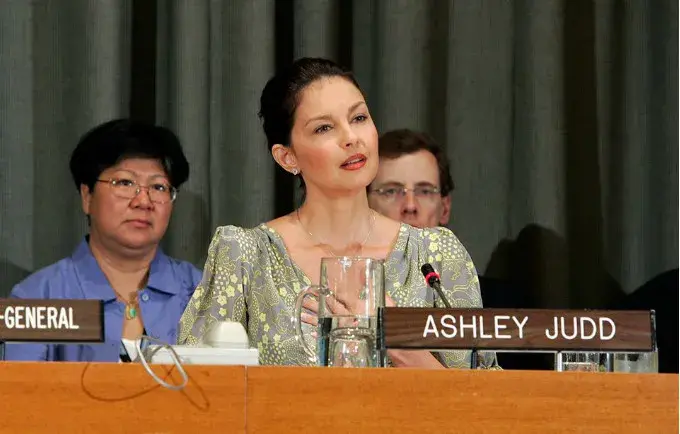The time is right for the Arab region to embrace a policy movement towards eliminating the systematic unfair inequalities in sexual and reproductive health (SRH) as a core development goal and a whole of government performance indicator.
This movement is anchored on the three main pillars of the current development thinking. The first is the ambitious ICPD beyond 2014 framework1 that places people’s well-being at the center and acknowledges their aspirations for dignity and human rights, adopts a rights based approach, and embraces equity and fairness. The second is the social determinants of health (SDH) resolutions of the World Health Organization2 that call for health in all policies. The third is the widely adopted 2030 sustainable development goals (SDGs)3 and the pledge to “LEAVING NO ONE BEHIND”.
The converging development thinking makes an explicit link between the unequal distribution of health and wellbeing among social groups and the unfairness in three interlinked upstream and structural domains, namely governance, public policies, and social arrangements. It recognizes that the unfairness on these three fronts is a real threat to the cohesion and sustainability of the society. SRH holds a central place in this thinking.
Human Rights and Gender Equality
Sexual and reproductive health
What we do
Reproductive Health Equity in the Arab Region: Policy Brief 2019

Publisher
UNFPA
Number of pages
12
Author
UNFPA, AUC
Technical Reports and Document
Reproductive Health Equity in the Arab Region: Policy Brief 2019
Publication date
01 November 2020




